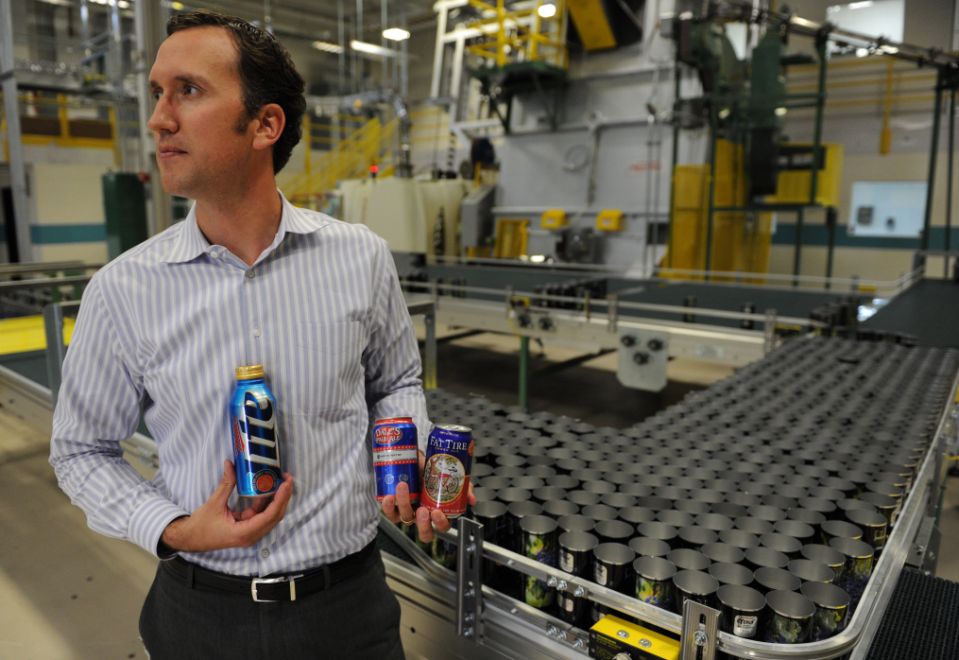Yahoo Finance, Ethan Wolff-Mann, Senior Writer,
The coronavirus crisis has sent a lot of people’s portfolios into chaos, lagging behind where they need to be to hit their financial goals, according to Goldman Sachs. ESG investing, the company’s co-head of its fundamental equity business Katie Koch, says, could be the key.
Koch told Yahoo Finance that many of the company’s clients are in 60/40 portfolios (60% in equities, 40% in fixed-income assets) and foreseeing difficulties making the gains they need, with growth predictions just 3% to 4% per year for the foreseeable future for those investors.
“Big picture, we think clients need to lean into a bunch of secular growth themes,” she said. Besides more obvious ones like millennial consumers, tech, future of healthcare, Koch pointed to climate solutions. (ESG investing refers to investing in companies based on their environmental, sustainable and corporate governance records.)
To start with, Koch said her clients are underweight traditional energy companies that deal in petroleum, noting that the sector has shrunk significantly from 16% in 2008 to just 2% of the Russell 1000 index today.
“The world’s weaning itself off of oil effectively,” she said. “Even in the best of times, they were challenged business models because they struggled effectively to out-earn their cost of capital.”
On the other side, Goldman is overweight the “solutions” to climate risk.
“That includes stuff like renewables, but maybe less obvious places like packaging and also sustainable agriculture,” Koch said.
One of Koch’s favored companies is an aluminum company called Ball (BLL), which makes packaging and products like beer cans.
“That probably doesn’t sound very exciting; aluminum wasn’t an exciting sector for a long time,” she said. Plastic, Koch said, has a low recycling rate of 9%. Aluminum has a 70% rate.
“That gives you some context of the tremendous long-term growth opportunities that are available by investing in this space,” Koch said.
For many investors who eschew stock picking or actively managed funds, Koch’s active strategies may not provide too much real-life utility. People, she said, should be invested actively.
“You need to weed through what is going to succeed,” she said. “There’s going to be stuff you want to avoid — we are at the cusp of a sustainable investing revolution.”







